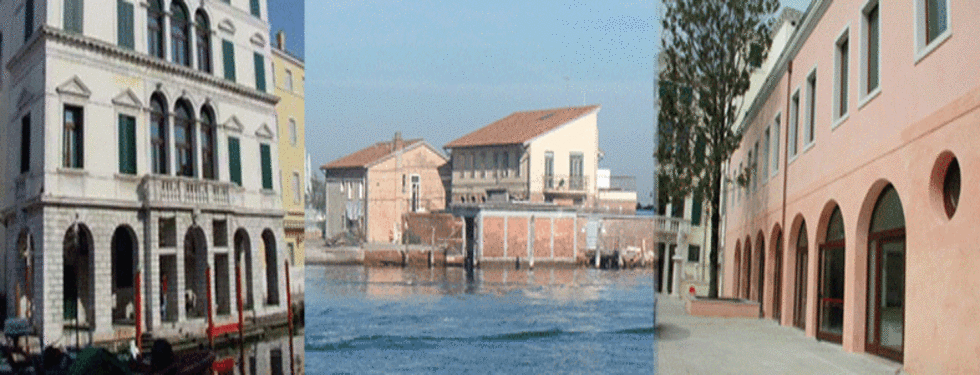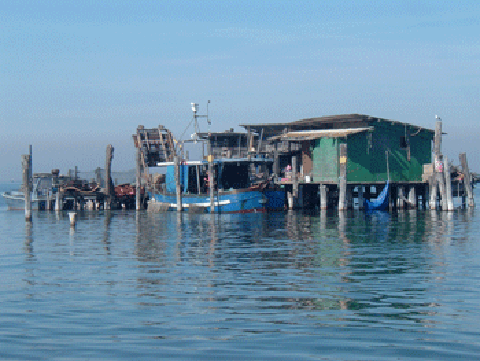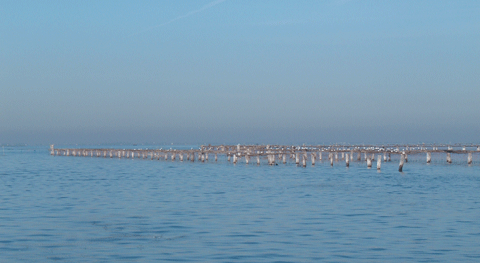
Cultural background

The Veneto Region is at the forefront of Italy’s fishing industry and aquaculture, which are therefore economically very important for this area. Indeed, more than 70% of Italian intensive fish farming and half of the whole areas devoted to extensive aquaculture activities are located in north-eastern Italy. Furthermore, the Lagoon of Venice is one of the largest coastal ecosystems in Europe and in the Mediterranean basin, with an immense biodivesity. However, this peculiar ecosystem is affected by activities associated with the indiscriminate exploitation of marine resources, which in the past were thought to be endless and infinitely reproducible.

Novel fishing techniques have certainly increased productivity but their mid- and long-term consequences have been often neglected. The sea and the lagoon have therefore become increasingly impoverished, and this has influenced fishermen and fisheries negatively. In addition, the gradual deterioration of marine, in particular coastal, environments in the northern Adriatic and in the Venetian Lagoon, is affecting the preservation of biodiversity and, consequently, the availability of resources. As the severity of the issues associated with fisheries, aquaculture and environmental protection increases, is becoming mandatory to study and apply sustainable actions to manage marine resources.

As the severity of the issues associated with fisheries, aquaculture and environmental protection increases, is becoming mandatory to study and apply sustainable actions to manage marine resources.
Recently, aimed at a positive outcome for sea and lagoon activities, and supported by cultural and socio-economic motivations, the University of Padova has increased its teaching and research initiatives, focusing on Chioggia and the surrounding coastal areas. Indeed, Chioggia fishing industry and related activities accounts for 1/6 that of Italy and Chioggia’s fishing fleet makes up 10% that of the entire country. The city is therefore an ideal venue for profitable activities aimed at protecting and responsibly managing marine environments.
At present, teaching and research by the University of Padova in Chioggia are carried out at Palazzo Grassi and at the Hydrobiologic Laboratory.





